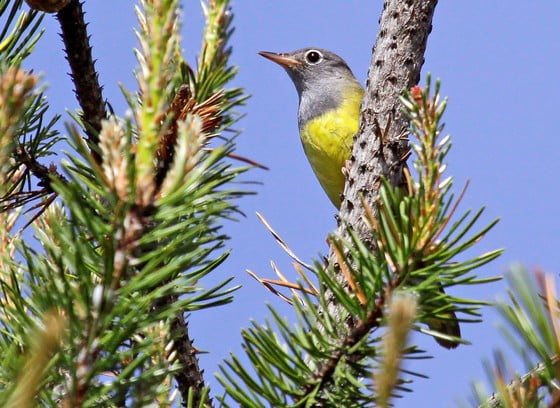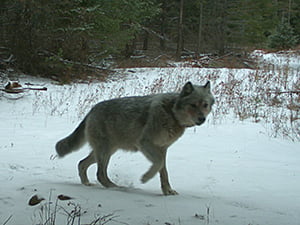
SALEM, Ore. — The Oregon Department of Forestry, in partnership with the non-profit group Oregon Community Trees, is recognizing the Willamette Valley Ponderosa Pine Conservation Association for advocating, educating, and developing reforestation plans to ensure the long-term survival of the ponderosa pine subspecies native to the Willamette Valley.
The Association is one of four recipients of this year’s Oregon Urban and Community Forestry Award. The others are:
- Kerry Rappold, Natural Resources Program manager from the City of Wilsonville
- Chris John of Canopy LLC The Care of Trees in Ashland
- Diane Berry, city administrator for the City of Echo, who also received the President’s Award from Oregon Community Trees
The Willamette Valley Ponderosa Pine Conservation Association’s vision is to conserve the valley ponderosa pine’s gene pool as the basis for supply superior pine seedlings. To that end, in the 1990s the group gathered genetic material from high quality trees in most of the remaining ponderosa pine stands throughout the Willamette Valley. The Association has also served as a hub for sharing information on Willamette Valley pine. Many of the trees were felled by settlers in the 19th century as the most ready source of lumber for houses, barns and fences. Farming further reduced the pine population, which in recent decades has declined due to suburban development and land clearing.
In 1996 and 1999, the pine seeds collected by the Association were planted in ODF’s seed orchard near St Paul. Today, the orchard has living trees or stored seed from 162 different populations of Willamette Valley pine. That represents the most complete genetic collection of the subspecies anywhere in the world.
Seed has been collected at the orchard since 2003 and distributed to interested landowners. The Association has aided urban foresters interested in planting native ponderosa pine in cities by publishing the Willamette Valley Ponderosa Pine Management Guide.
Other honorees
Diane Berry has devoted decades to helping create an urban forest in Echo with many kinds of trees. She also built support for establishing an arboretum in the town, which sits on the eastern edge of the Columbia Plateau. In addition, Berry worked with local students to designate the red-flowering horse chestnut as Echo’s official city tree.
Kerry Rappold was instrumental in starting Wilsonville’s “Bees Stewardship” program. The program is focused on improving pollinator habitat, decreasing municipal pesticide use and educating the public on pollinator environmental needs. He’s also been mindful of the city’s urban forest in other ways, such as providing for wildlife corridors during road construction.
Ashland Tree Commission Chair Chris John is recognized for his efforts on behalf of Ashland’s urban forest. He has worked to educate the community to preserve hundreds of trees locally.
Oregon Community Trees promotes healthy urban and community forests. The organization assists community groups, local governments and schools throughout the state with expertise and grants that support leadership, education, awareness and advocacy for urban and community forestry. Each year the organization recognizes individuals and organizations for inspiring tree planting and care, engaging citizens, and raising awareness about urban trees and forests and the need to protect them.

